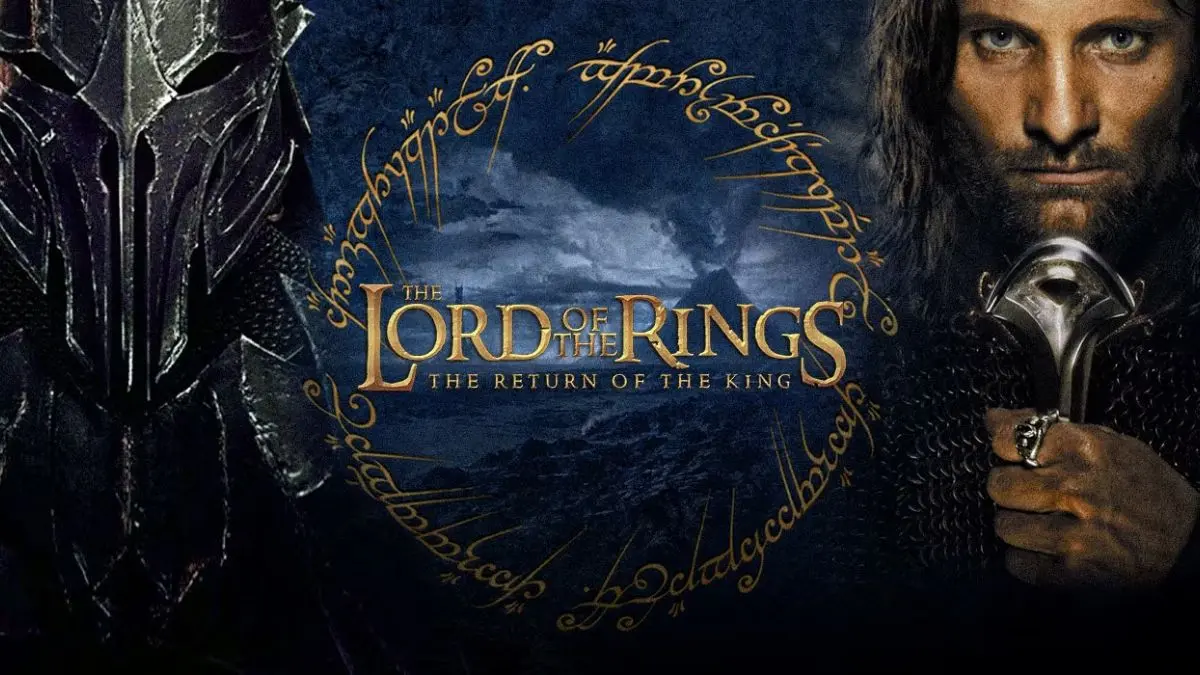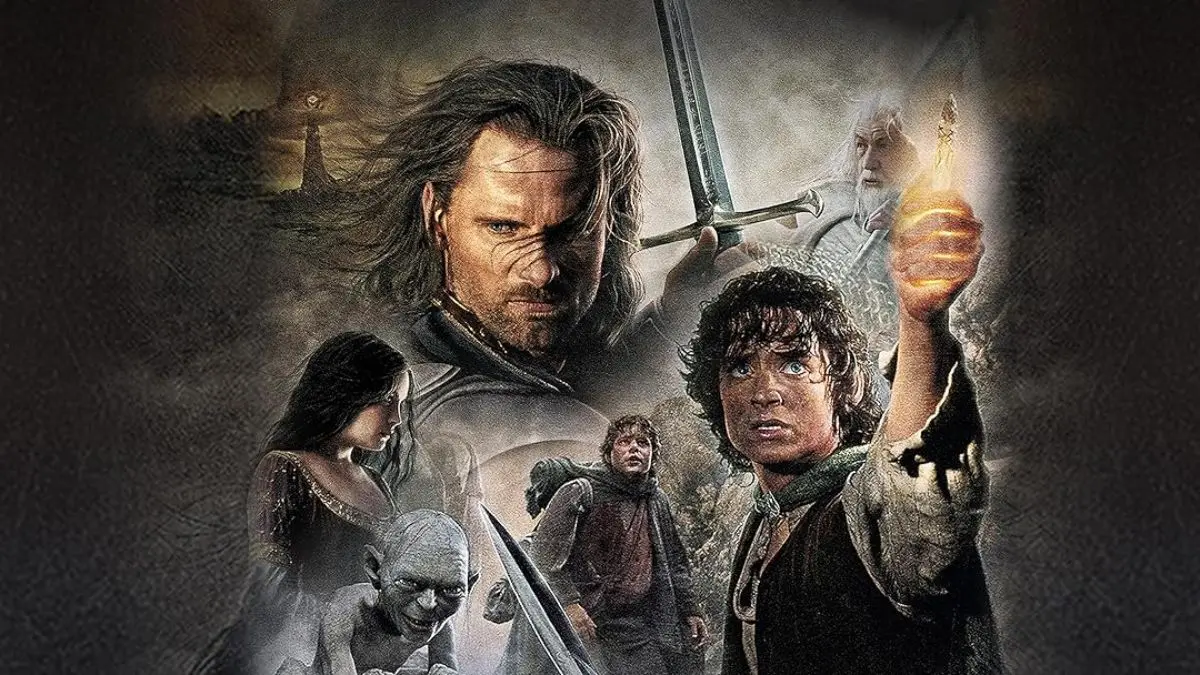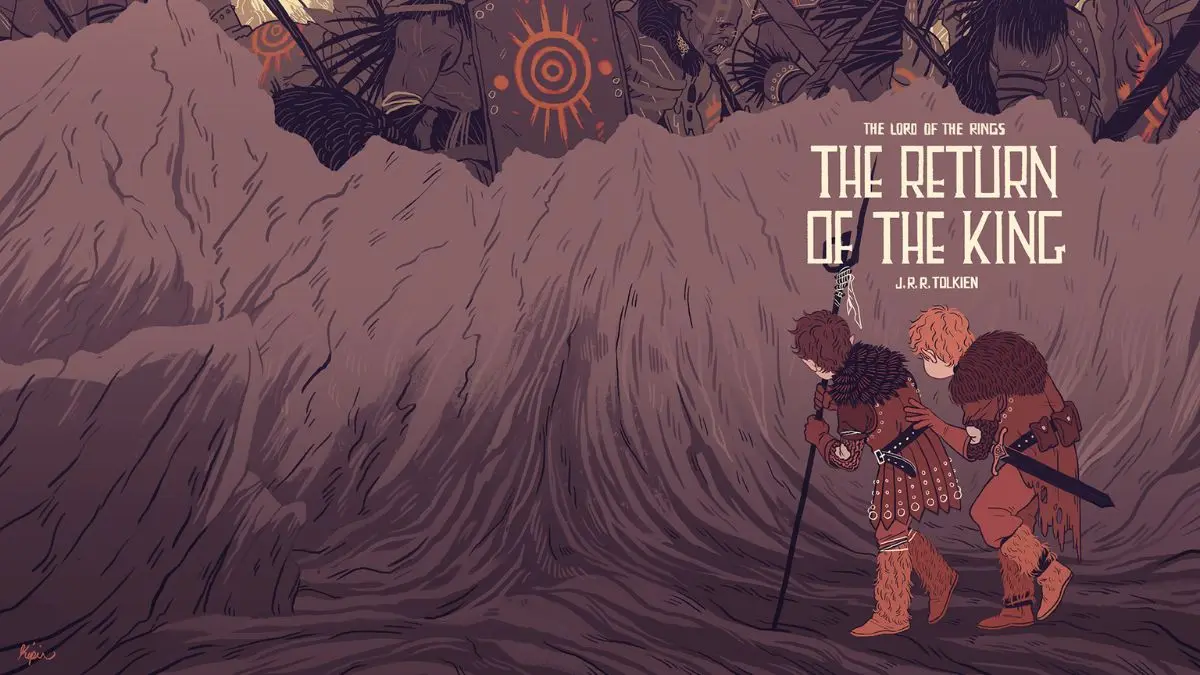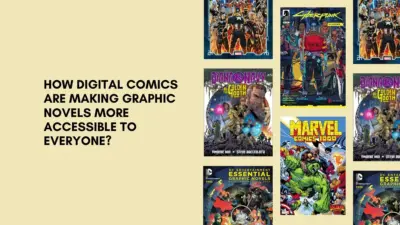When J.R.R. Tolkien’s The Return of the King was published on October 20th, 1955, it marked not just the conclusion of The Lord of the Rings trilogy, but also a turning point in the world of fantasy literature. Over the decades, Tolkien’s magnum opus has become a cultural touchstone, influencing countless writers, filmmakers, and artists. But what makes The Return of the King stand out as a pivotal moment in fantasy literature, and how did it redefine the genre? Let’s explore.
A Seamless Fusion of Mythology, Language, and Epic Narrative
One of the core elements that set The Lord of the Rings apart was Tolkien’s deep understanding of mythology, folklore, and languages. Tolkien, a philologist, brought a level of linguistic intricacy to Middle-earth that no fantasy writer had ever done before. He created entire languages for various races, including Elvish, Dwarvish, and the Black Speech of Mordor. This linguistic depth added a layer of realism that made the world feel alive, a key aspect that culminates in The Return of the King.
The trilogy’s final installment is a perfect example of how Tolkien fused mythological archetypes with his own invented lore. From Aragorn’s rise to reclaim the throne of Gondor to Frodo’s sacrificial journey to destroy the One Ring, the story is filled with heroic quests, ancient prophecies, and timeless themes of good versus evil. This blend of mythology and original creation helped elevate fantasy literature to a genre that could explore complex themes with the gravitas of classical epics.
Tolkien’s Impact on the Archetypes of Heroism
Before The Return of the King, most fantasy works focused on traditional heroes who exhibited strength, bravery, and straightforward valor. Tolkien’s narrative introduced a range of heroes who were nuanced, flawed, and multifaceted. Characters like Frodo and Sam, who aren’t warriors by any means, showed that heroism could stem from perseverance, loyalty, and quiet courage.
This redefinition of heroism was groundbreaking because it shifted the focus away from typical “chosen one” narratives. It showed that even the smallest of characters could play a part in epic battles, a sentiment captured by the pivotal moment at Mount Doom, where Frodo’s journey reaches its climax. The emphasis on inner strength and the resilience of “everyman” characters had a ripple effect across the fantasy genre, making Stories more relatable and emotionally resonant.

World-Building on an Unprecedented Scale
The Return of the King brought Middle-earth to life in a way that had never been seen before. Tolkien’s meticulous attention to detail—from the geography of Gondor and Rohan to the cultures, traditions, and histories of the people who inhabit these lands—set a new benchmark for world-building. He didn’t just create a story; he created a world that felt authentic and lived-in, complete with its own histories, legends, and societies.
This attention to world-building has become a cornerstone of modern fantasy literature. Writers like George R.R. Martin (A Song of Ice and Fire) and Patrick Rothfuss (The Kingkiller Chronicle) have taken cues from Tolkien, showing how a well-crafted world can add depth to the narrative and make the reader feel like they’re stepping into a universe with endless possibilities.
Themes of Power, Corruption, and Redemption
One of the most enduring aspects of The Return of the King is its exploration of power, corruption, and redemption. The One Ring symbolizes absolute power, and with it, the temptation to wield control over others. Characters like Gollum, Boromir, and even Frodo show how the Ring’s influence can corrupt even the purest of hearts.
Yet, the book also emphasizes redemption. The journey of Aragorn reclaiming his title as the rightful king of Gondor is a story of embracing one’s destiny, while Gollum’s final act, though tragic, serves as a form of twisted redemption. These themes allowed readers to see fantasy not just as escapism, but as a way to explore real-world dilemmas in a fantastical setting.
The Conclusion that Defined ‘Epic’
The final battle at the Black Gate, Aragorn’s coronation, and the bittersweet departure of Frodo and the other ring-bearers to the Undying Lands—all these moments brought The Lord of the Rings to a close with a sense of grandeur and finality that was, at the time, unparalleled. The stakes were high, the sacrifices were real, and the consequences were lasting. Tolkien’s ability to weave multiple storylines into a single, cohesive conclusion showcased his narrative genius.
This epic conclusion not only set the standard for future fantasy trilogies but also introduced the idea that fantasy stories could carry weighty, intricate plotlines without losing their magical essence. Many modern works, from Brandon Sanderson’s Mistborn series to Andrzej Sapkowski’s The Witcher, owe their multi-layered story arcs to Tolkien’s pioneering work.
Influence on Popular Culture and Beyond
Since its release, The Return of the King has inspired a wide array of adaptations, from radio plays to the critically acclaimed film trilogy directed by Peter Jackson. The movies, released from 2001 to 2003, brought Tolkien’s world to a new generation, solidifying The Lord of the Rings as a timeless epic. The trilogy’s success paved the way for more high-budget fantasy films and television series, setting a precedent that has continued with adaptations like Game of Thrones, The Witcher, and The Wheel of Time.
The cultural influence of The Return of the King extends beyond literature and film. The themes of unity, courage, and the fight against overwhelming odds resonate with audiences worldwide, making it a story that continues to be relevant, even decades after its publication.
The Legacy of Tolkien’s Vision
What truly makes The Return of the King a landmark in fantasy literature is its lasting legacy. Tolkien didn’t just write a story; he created a mythology that people continue to return to for inspiration. From fan conventions and academic studies to board games, video games, and fanfiction, Middle-earth lives on in various forms of media. The success of this world-building can be attributed to Tolkien’s attention to detail and the richness of his characters, who feel just as relevant and real today as they did when the book was first published.
It’s no exaggeration to say that without The Return of the King, the fantasy genre as we know it would be very different. Tolkien’s work opened the door for authors to think big, to craft stories with sprawling worlds, complex histories, and characters that defy simple categorization.

Conclusion: Why The Return of the King Remains Unrivaled
Even after nearly seven decades, The Return of the King remains a towering achievement in fantasy literature. Its themes, characters, and world-building have inspired generations of readers and creators, setting a standard that few works have matched. Tolkien’s ability to weave intricate narratives with profound emotional and philosophical undertones ensured that the conclusion to The Lord of the Rings was more than just a finale—it was a celebration of everything that makes fantasy a genre worth exploring.
In the end, The Return of the King redefined what fantasy literature could achieve, showing that stories of elves, hobbits, and dark lords could be as powerful, moving, and complex as any work of literary fiction. For that, Tolkien’s epic conclusion will always be remembered as a milestone, a masterpiece, and a magnum opus that continues to redefine the genre to this day.
Also Read: Perfect Movie Trilogies of All Time (Top 10)




